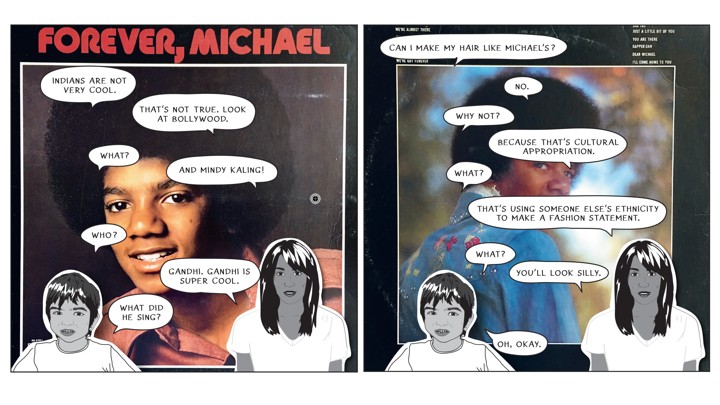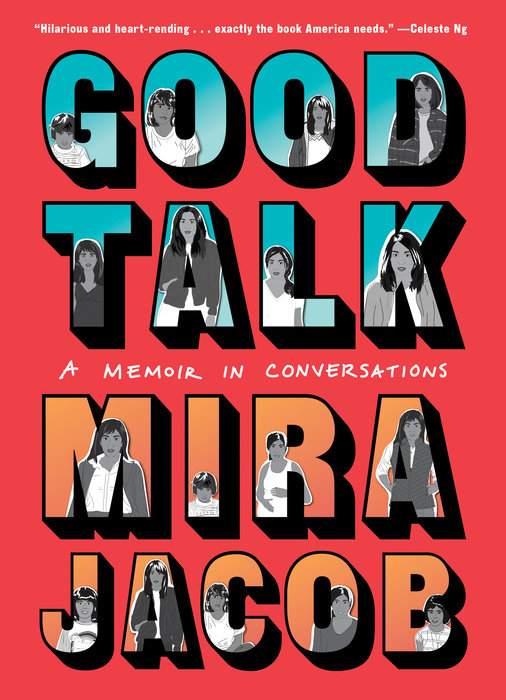A Graphic Novel That Answers a Child’s Question About Being BiracialPosted in Articles, Asian Diaspora, Book/Video Reviews, Family/Parenting, Identity Development/Psychology, Media Archive, United States on 2019-05-03 15:16Z by Steven |
A Graphic Novel That Answers a Child’s Question About Being Biracial
Book Review
The New York Times
2019-05-02
For a person of color in America, the term person of color can be both useful and divisive, at once a form of solidarity and a badge of alienation. There’s a flattening effect, too: A multitude of ethnicities and cultures, with their own color-coded nuances, get crammed into the initials P.O.C.
Among its many virtues, Mira Jacob’s graphic memoir, Good Talk (One World, $30), helps us think through this term with grace and disarming wit. The book lives up to its title, and reading these searching, often hilarious tête-à-têtes — with her parents and brother, confidantes and strangers, employers and exes — is as effortless as eavesdropping on a crosstown bus.
Mira lives in New York with her husband, Jed, who is white and Jewish, and their young son, Z., who is dark-skinned like his mother — a poster for racial harmony that can, in the current climate, feel like a target. Born in New Mexico to parents who immigrated from India in 1968, Mira is simply “brown,” if ethnically obscure, while growing up (“You’re Indian like feathers or Indian like dots?” a boy asks her). Ironically, she first feels the stigma of skin color on trips to her parents’ native country, thanks to not being as “fair” as the rest of her family. As a girl, Mira envisions the “lighter, happier, prettier me.”…
Read the entire review here.



